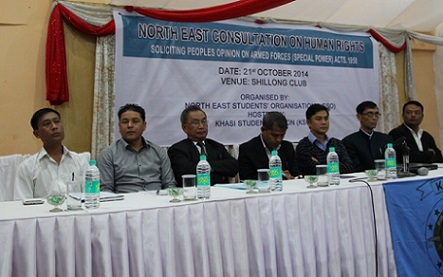
SHILLONG, OCT 21: The controversial and much debated Armed Force Special Power Act (AFSPA), 1958 gives blanket protection to security force even as it failed to prescribe the duration of its operation once the law is enforced in any area, observed former State Chief Information Commissioner (CIC) GP Wahlang on Tuesday.
“The act gives full protection to security force, for any act done or purported to be done by them in exercise of the power, under the Act and this resulted in irresponsible activities,” Wahlang said adding “The security personnel should be held accountable for any malafide error of judgment on their part.”
Wahlang said this while addressing the inaugural function of the North East Consultation on Human Rights: soliciting people opinion on Armed Forces Special Powers Act, 1958 organized by the North East Students Organization (NESO) and hosted by the Khasi Students’ Union (KSU) in the city on Tuesday.
According to Wahlang, the law has nothing to do with Human Rights and any violation of human rights is accidental. He said the law is bad in a sense that it does not prescribe the duration of its operation in any particular area, nor provides for any periodic review. “He said, “This resulted to unduly long period of operation of the law and leading to alienation of more people from the civil administrations.”
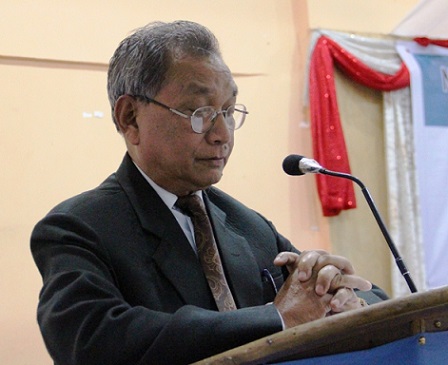
Wahlang further stated that any violation of human rights due to excessive exercising of the law can be dealt with through effective application of pro-human rights institutional machineries such as the State Human Rights Commission, the State Women Commission and the State information Commission.
Stating that terrorism can be fought successfully only in a climate of favourable public opinion, Wahlang said, “The battle for winning the hearts and minds of the people is the most vital part of the strategy of this war, which is to be fought on two fronts – the political cause and socio-economic factors responsible for terrorism have to be identified and suitable measures initiated for winning over the support and willing cooperation of the people.”
Wahlang also added the other war is to be fought on the counter-terrorism front by isolating the terrorists from the population, cutting off their supply lines, destroying their bases and training camps, neutralizing their sanctuaries and keeping them constantly on the run so as to send a firm message that violence has no change of succeeding.
“Success of this strategy would depend on the seriousness with which the government addresses the grievances of the people and convinces them that all laws will be administered fairly even in situations of emergency and their rights and freedoms respected and protected,” Wahlang opined.
In his keynote address, NESO secretary general Sinam Prakash said the exercise of special powers has also gone way beyond the ‘limited purpose’ as the military stationed in the ‘disturbed areas’ have indulged in rampant violation of the human rights including aerial bombing, grouping and re-grouping, enforced ‘disappearances’, extrajudicial executions, rape and sexual violence.
Prakash said even though the military projects itself as good Samaritans leveling of football grounds or organizing medical camps, they are also caught indulging in multi-million drug trade as well as extortion activities from the public.
Stating that the NESO have been demanding the immediate removal of the AFSPA from the north eastern region, Prakash said, “We are holding a series of consultations in the entire NE region to solicit the opinion of the people on this critical issue of the people of the region.”
According to Prakash, India’s prestige as a democratic country is being tarnished internationally by the continuation of AFSPA.
However the Government of India have not yet found the political will to overcome counter-pressures allegedly coming from vested interests in the armed forces for its continuation, Prakash added.
NESO chairman Samuel B Jyrwa informed that the resolution adopted through such consultations would be submitted to the centre and all the MPs from the NE region urging them to voice this issue.- By Our Reporter
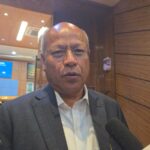
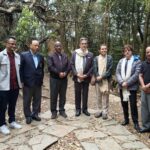

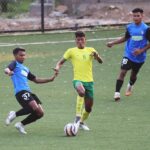
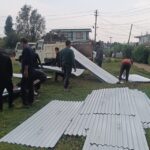



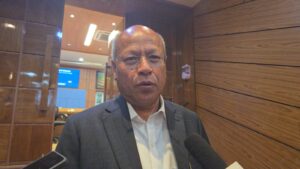
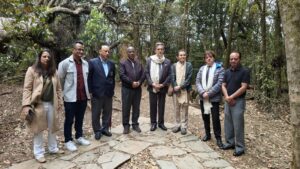
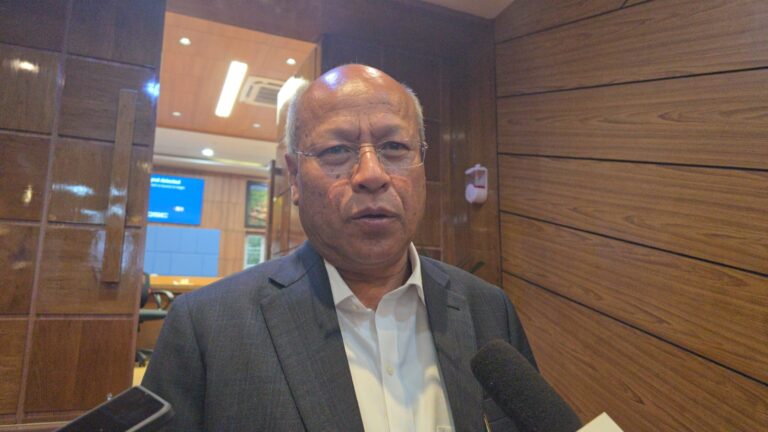
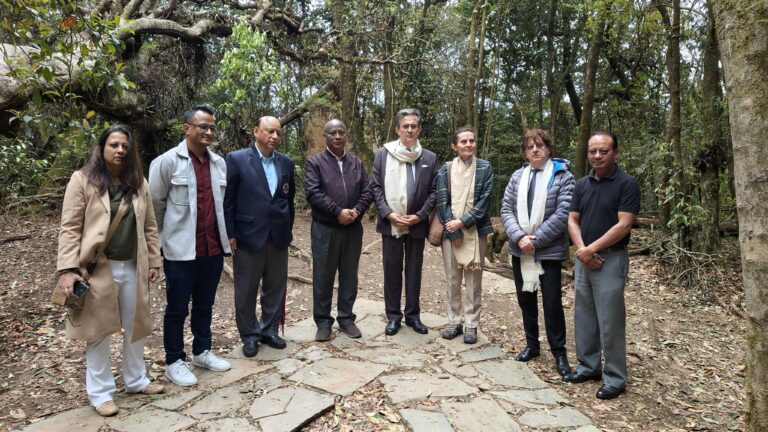
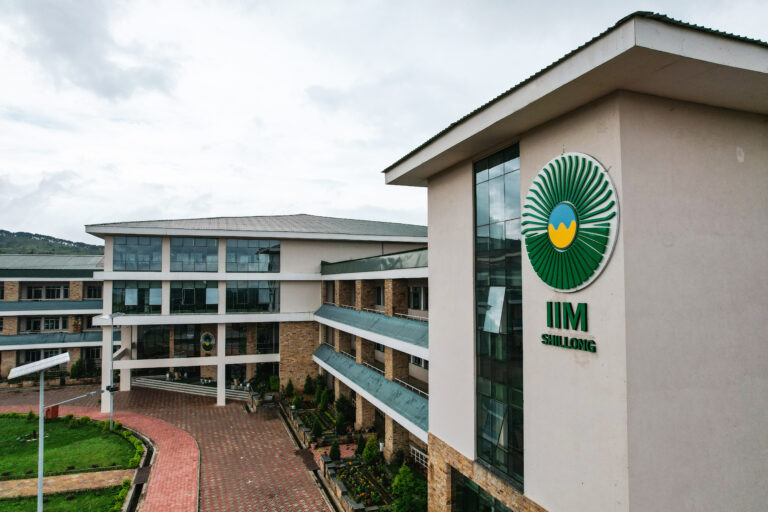
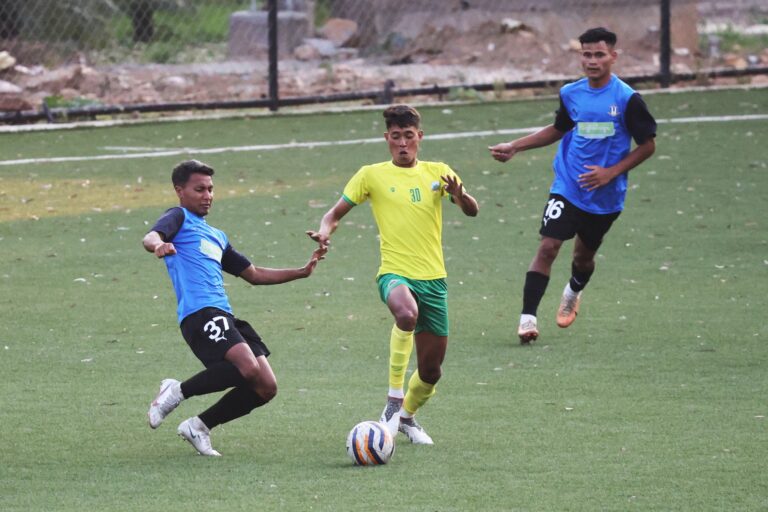
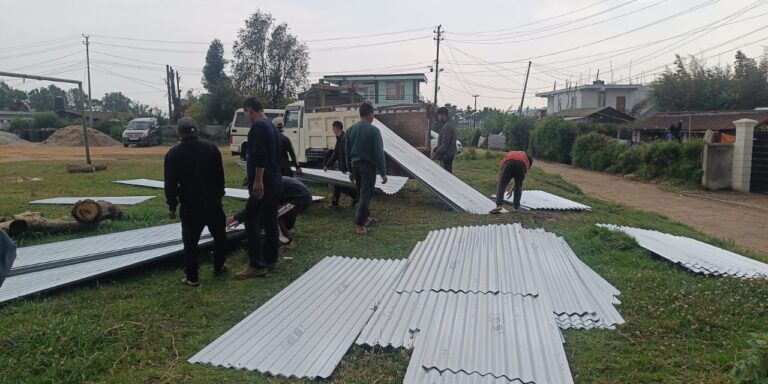
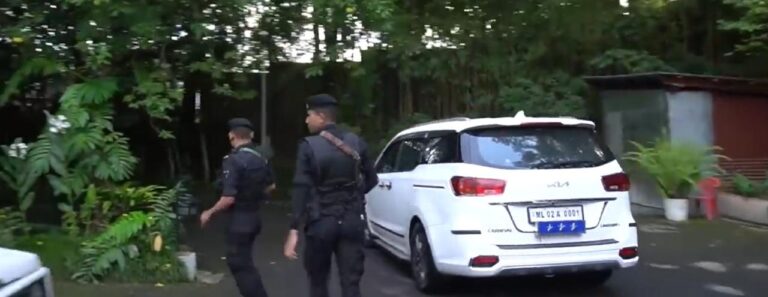
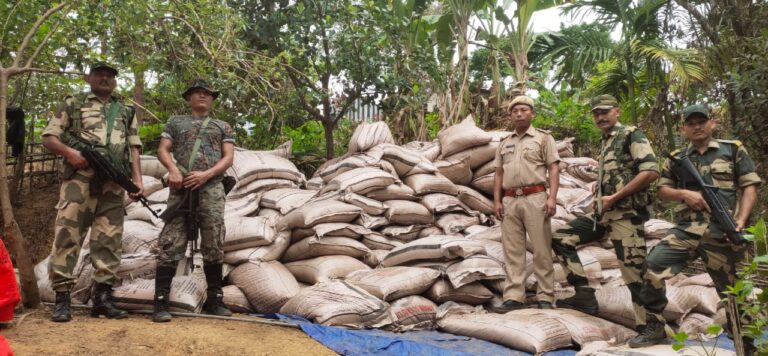
+ There are no comments
Add yours